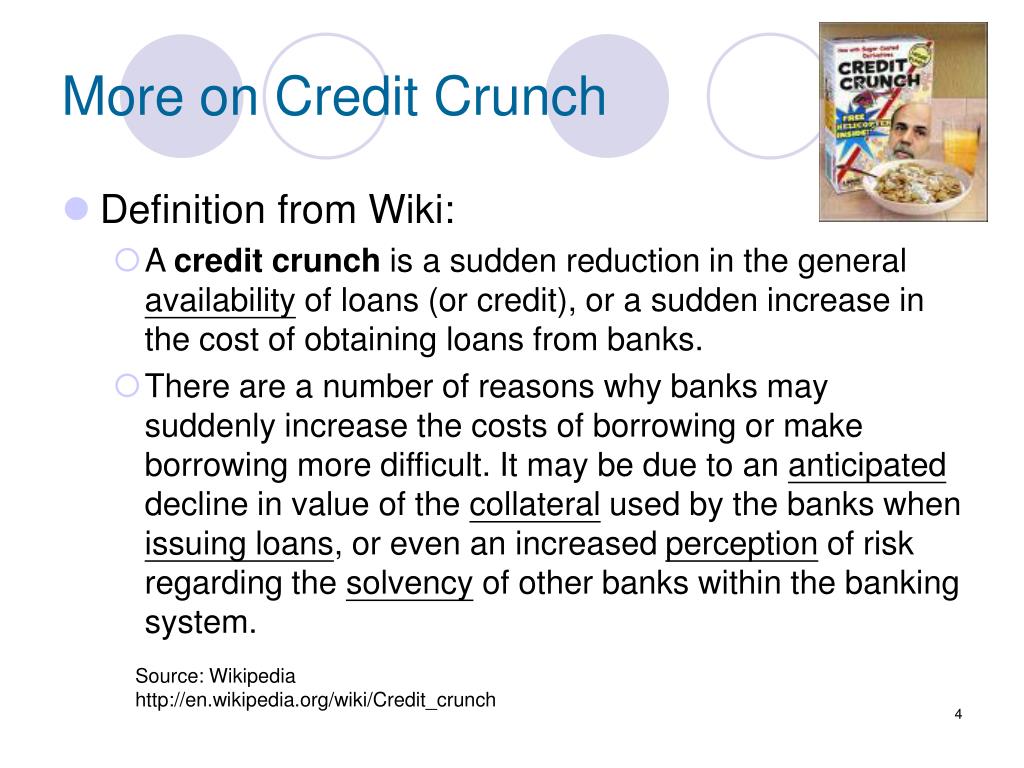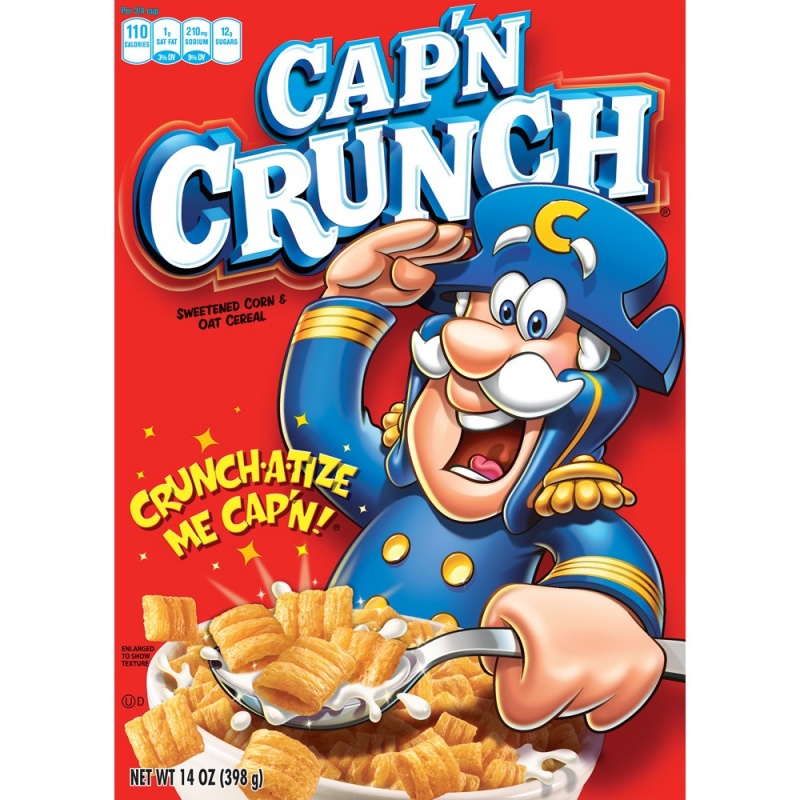
"There will definitely be high profile companies that suffer pain because they have not managed the private company supplier risk as well as they need to," Gellert said. The pain felt by small private companies will present a challenge to the larger companies that depend on them, Gellert said. Smaller private companies that play important roles in the supply chains of larger companies will likely feel the most pressure as interest rates rise, said James Gellert, chairman and CEO of RapidRatings International.

Part 4: Risk management, low unemployment insulate banks in case of recession Part 3: As cheap-money era ends, smaller companies face capital crunch Part 2: As inflation soars, consumers brace for a hard landing Part 1: US Fed aims for soft landing as economists see recession odds growing recession and the Federal Reserve's efforts to achieve a "soft landing" for the economy.
#Capital crunch meaning series
This is the third part of a series of articles examining the prospects for a U.S. Recessions hit households with lower incomes harder than they do more affluent households. Many of the largest companies are flush with capital raised when interest rates were low and have pushed out the timeline for when their debts come due. The biggest companies and wealthiest consumers are expected to weather the more expensive environment without significant distress. Credit card interest rates are creeping up as well. The yield on the 10-year Treasury rose above 3% in May and June, and the average annual rate for a 30-year fixed mortgage increased to 5.4% in May. Rising interest rates are making it more expensive for companies and consumers to borrow money, signaling that the period of "cheap money" that followed the Great Recession of 2008-2009 is finally coming to an end.īorrowing costs are rising across the economy in the wake of the Fed's rate hikes.


Smaller companies are the most at risk in an environment where debt is more expensive and investors want to see profits over growth.


 0 kommentar(er)
0 kommentar(er)
